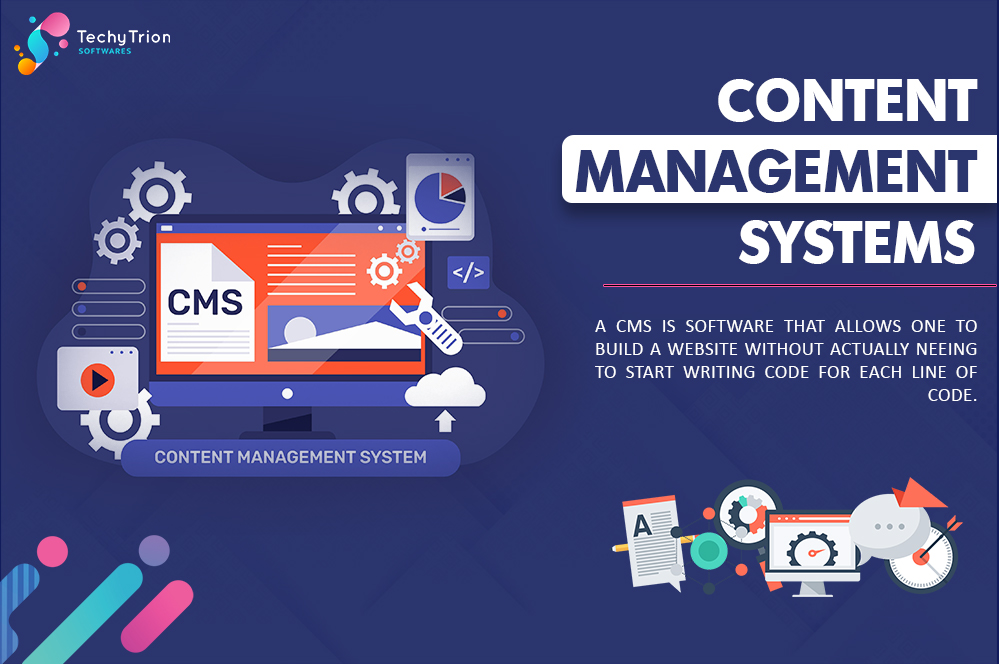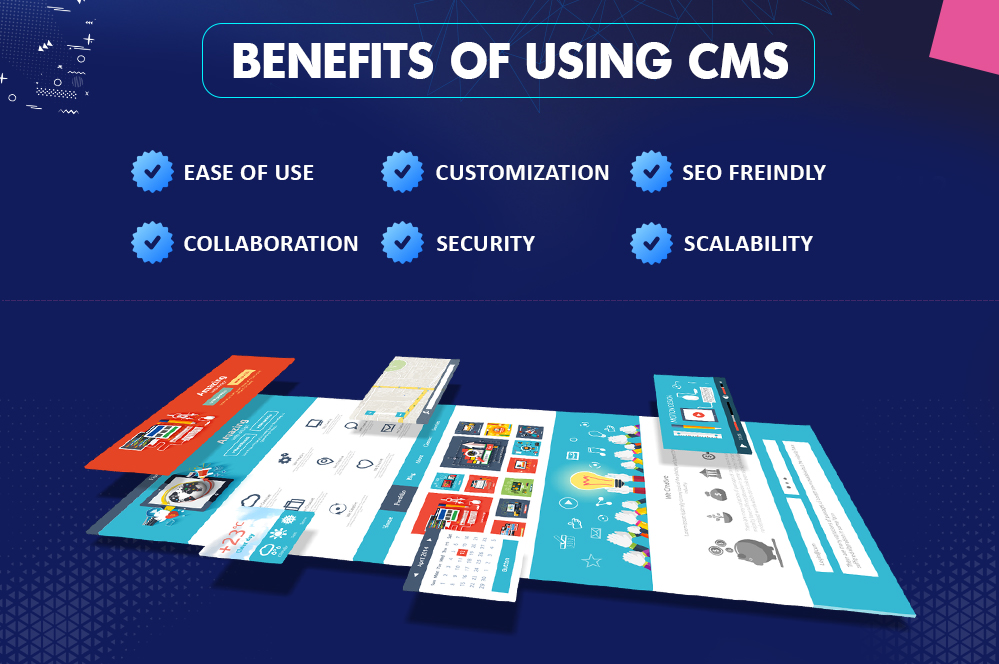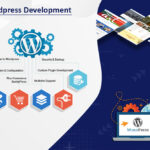
Introduction
The digital world demands a smart way to update and manage the content of business, blog, or any other organization. For this reason, Content Management Systems are crucial. A CMS lets users make new content or alter existing one and organize as well as publish them without even possessing technical know-how. Let us discuss benefits, types, and the top Content Management System available today.
What is CMS?
A CMS is a software that allows one to build a website without actually needing to start writing code for each line of code. The primary purpose is a user-friendly interface to build, edit, and store various digital content types including text, images, videos, and more.
Benefits of Using CMS

Ease of use – most of the platforms give intuitive dashboards that non-technical people find easy to operate.
Customization – Depending on the available themes and plugins, users may customize their web pages to certain needs.
Search Engine Optimization friendly – Most content management systems feature in-built search engine optimization toolkits that would improve search ranking.
Collaboration – Most CMS allows users to work at the same time in creating or editing content.
Security – They often feature automated updates and protections against cyberattacks.
Scalability – The CMS is bound to grow with your business and allow adding more features and content over time.
Types of CMS
There are several types of CMS. Each one has a different use case:

Traditional CMS – The examples are WordPress, Joomla, and Drupal that are closely coupled to the frontend and backend.
Headless CMS – Contentful and Strapi separate the content management backend from the presentation layer and offer greater flexibility.
Enterprise CMS They are applied to big businesses, due to more sophisticated content personalization and automation functionalities. This is exemplified through solutions such as Adobe Experience Manager and Sitecore.
E-commerce CMS Designed especially for an online store, the best representation is platforms such as Shopify, Magento, and WooCommerce, each of which carries its own set of e-commerce-specific functionalities.
Best CMS Solutions
WordPress This is the most popular CMS application running over 40% of websites. Its flexibility can be described using themes and plugins.

Joomla – Highly flexible CMS with advanced user management features for complex websites.
Drupal – High security and scalability, widely used by government and enterprise websites.
Shopify – Top e-commerce CMS, user-friendly interface, and payment options integrated into the website.
Magento – Powerful e-commerce CMS for large-scale online stores with high customization capabilities.
Wix – Drag-and-drop website builder simplifying content management for beginners.
How to Select the Right CMS?
When selecting a CMS, consider the following factors:
Ease of Use-Select a platform that relates to your technical skills.
Customization Options– Themes, templates, and plugins/extensions.
Features of SEO-Ensure support from the CMS to help in on-page optimization.
Security– Upgrade for the type of updates the CMS gets. It should have round-the-clock support.
Scalability– The CMS should support the growth of your business and evolving needs.
This includes the costs of pricing structure and other over-and-above charges like hosting and premium plugins.
Conclusion
A CMS makes content management easy for a user, independent of his knowledge of technology. This can run from small business owners and bloggers to running big enterprises; getting the right CMS is important for the success of your website. Knowing the kinds and features make you decide among one and the other best-suited for your needs and goal.





 Book call
Book call



